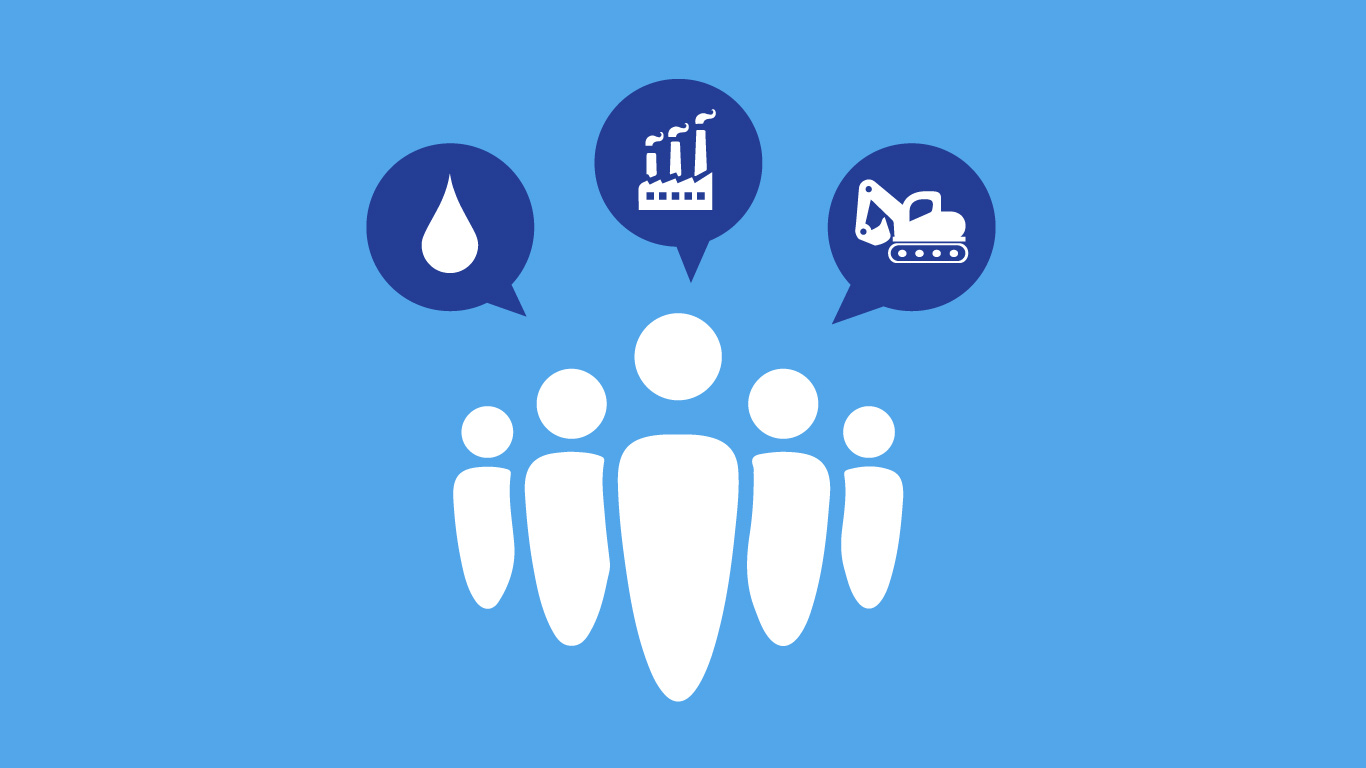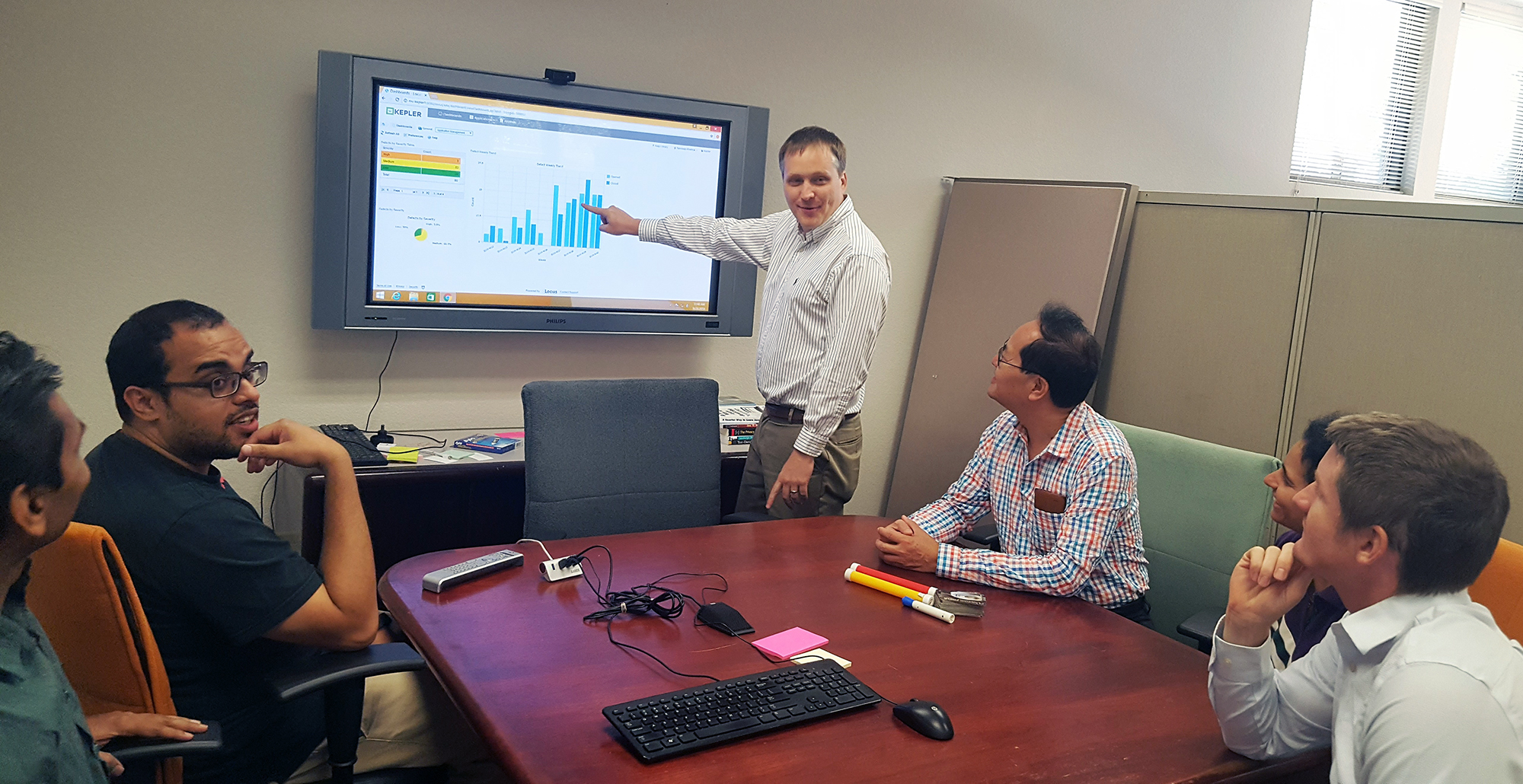How to Keep the Public Informed on Environmental Projects

It is always concerning when environmental issues are significant enough to start grabbing headlines. Typically for an environmental project to become newsworthy, there have been significant impacts to human health or the environment. It is extremely rare to see any environmental success story in the news, simply because there is no reason for the public to become alarmed about it. So unfortunately, there is usually some level of urgency involved when most companies are putting serious thought into their public communication efforts.
Two primary topics are always at the forefront of criticism when there is any sort of news on environmental projects: 1) the magnitude of the impact and 2) the public communication efforts made for the project. For almost every project, there have been significant efforts put into addressing the first topic. The responsible party has usually invested a lot of time and money into removing contaminants or finding ways to eliminate their impact on the environment. Unfortunately, despite those efforts, if an environmental project is in the news, there is still some outstanding issue (or multiple issues) to be addressed.
On the topic of public communication, however, many responsible parties are doing the minimum required by their regulator, and therefore leave themselves vulnerable to criticism for not doing enough to keep the public informed. One very common form of public communication is fact sheets: one or two-page “plain language” summaries of the environmental project that are intended to be easily understood by the general public. Fact sheets are effective in that they can be bulk mailed to an entire neighborhood and provide all the necessary information. But the downside is that fact sheets often take several months to prepare. Since they are issued by the regulator, they typically require review from multiple divisions within the regulatory body including lawyers and public coordination specialists with very little familiarity with the project. For that reason, fact sheets are usually outdated before they are even published. Most printed formats are subject to the same issue to some extent.
To avoid this scenario, some responsible parties are taking a proactive approach by creating a public-facing website that is continuously updated with the latest project data and status. Current web technologies make this relatively cost-effective to set up and maintain. Certain elements on the website can even be connected to live data so that information is available as soon as it is collected. While there may be some reluctance to this kind of ‘over-sharing,’ it is invaluable in responding to complaints about lack of public communication. Information can be made available to anyone immediately, and email lists can be established for anyone interested in getting notifications on important updates. Additionally, a data review process can be established between the data collection and the public distribution. While this does add a short time gap before making the data publicly available, it ensures the data are representative and valid so that they do not create unnecessary concerns. And the data review process is often much faster than the review of written text.
Communication efforts are becoming increasingly important for environmental projects, whether it is for remediation of legacy sites, keeping pollutants out of the air, or providing safe drinking water. Using modern communication methods can vastly improve the level of public confidence that environmental concerns are being addressed and can also mitigate the risk of negative publicity associated with lagging public communication efforts. If environmental data are continuously made available, there is less for the public to become alarmed about. Consider integration of a public communication program with the ongoing data collection and/or cleanup efforts, rather than addressing the public as an afterthought.

 Mr. Hawthorne has been with Locus since 1999, working on development and implementation of services and solutions in the areas of environmental compliance, remediation, and sustainability. As President, he currently leads the overall product development and operations of the company. As a seasoned environmental and engineering executive, Hawthorne incorporates innovative analytical tools and methods to develop strategies for customers for portfolio analysis, project implementation, and management. His comprehensive knowledge of technical and environmental compliance best practices and laws enable him to create customized, cost-effective and customer-focused solutions for the specialized needs of each customer.
Mr. Hawthorne has been with Locus since 1999, working on development and implementation of services and solutions in the areas of environmental compliance, remediation, and sustainability. As President, he currently leads the overall product development and operations of the company. As a seasoned environmental and engineering executive, Hawthorne incorporates innovative analytical tools and methods to develop strategies for customers for portfolio analysis, project implementation, and management. His comprehensive knowledge of technical and environmental compliance best practices and laws enable him to create customized, cost-effective and customer-focused solutions for the specialized needs of each customer.